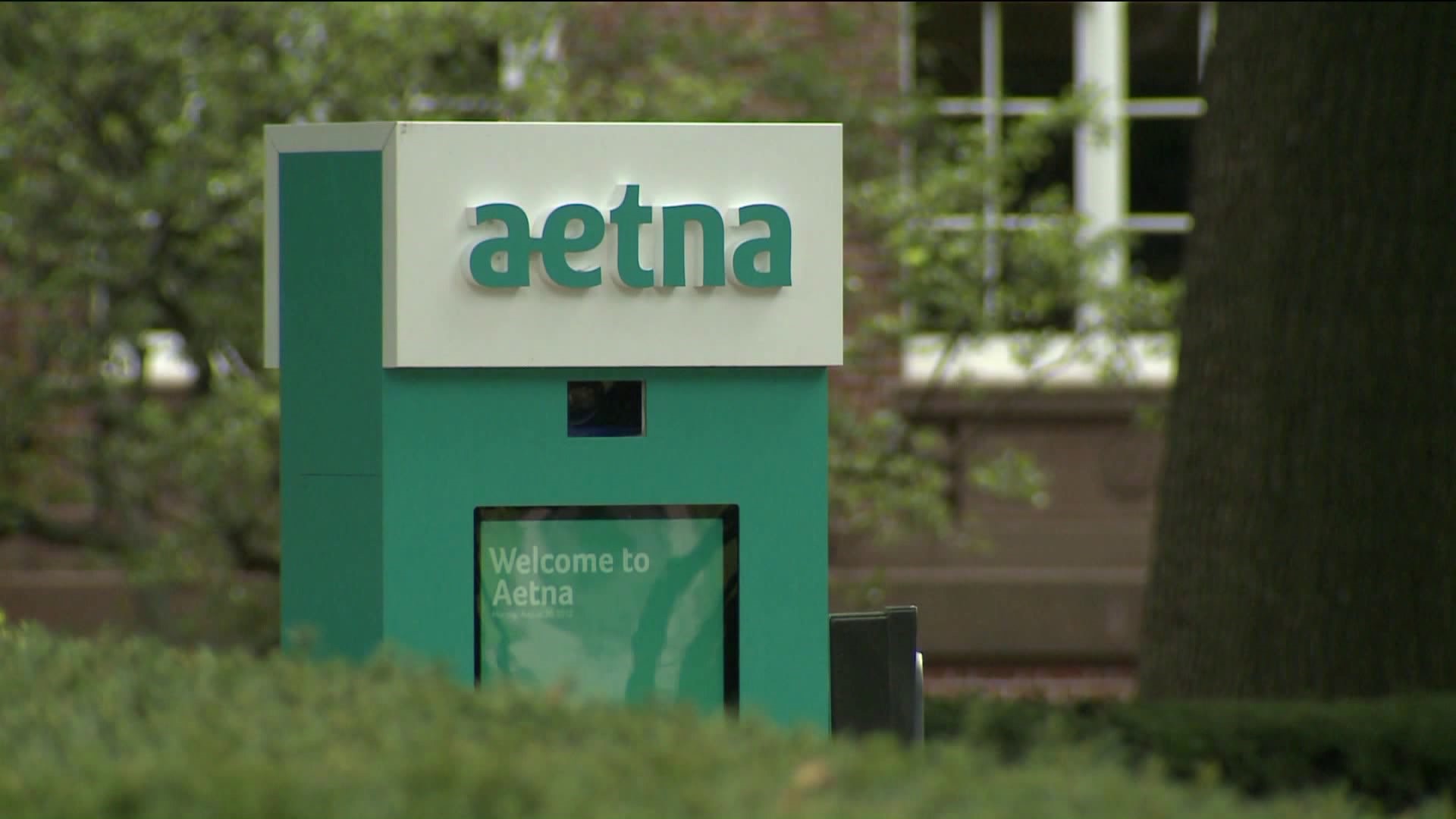CVS is buying health insurance giant Aetna, the companies announced Sunday.
If approved, the $69 billion acquisition -- $77 billion including debt -- would drastically remap the health care industry. CVS Health is a massive drugstore chain and prescription drug insurer, while Aetna is one of the nation's largest health insurers.
It would also go down as the largest health insurance deal in history, far exceeding Express Scripts' $29 billion acquisition of Medco in 2012, the last record-holder.
The acquisition is not a done deal. It will have to be approved by antitrust regulators, who have been skeptical of similar health care mergers.
Quinnipiac's professor of entrepreneurship and strategy Dr. David Cadden says the landscape of care could change dramatically.
"It's going to bring nurses in. So they'll have better care for customers. Someone comes out of the hospital they'll make more effort to make sure that a customer takes their medicine," says Dr. Cadden.
However Dr. Cadden says the push to direct customers to lower costs of medicine could have some drawbacks.
"Walk in to the walk in clinic rather than going to the hospital really reduces your opportunity to select what type of medicine you want for yourself.," says Dr. Cadden.
Senator Richard Blumenthal said in a statement:
"This deal should receive full and fair scrutiny from DOJ to protect consumer interests. My hope is that it will mean lower health care costs, as well as Aetna's continued presence as a source of jobs and community support. I will hold DOJ accountable to make sure they are asking the right questions - will this increase or decrease prescription drug prices? What is the impact on competitors, hospitals and other players throughout the healthcare ecosystem?"
“I have talked to leaders at Aetna, and they have assured me that the company’s commitment to being part of a comprehensive, sustainable solution to Hartford’s longstanding fiscal challenges remains in place," said Hartford Mayor Luke Bronin.
Buying Aetna puts CVS in a better position to compete with other integrated health care providers, such as UnitedHealthcare and pharmacy benefits manager Optum. PBMs like Optum and CVS's Caremark help manage prescription drug plans for commercial health insurers.
Together, UnitedHealthCare and Optum have already taken business away from CVS, said Ana Gupte, a health care analyst for investment firm Leerink.
Gupte added that Amazon's rumored desire to enter into the pharmacy business could be another motivating factor.
Aetna, meanwhile, hasn't been growing as quickly as its peers, Gupte pointed out. A shakeup could be good for business.
And by teaming up, CVS and Aetna are following broader industry trends, said George Hill, a health care technology & distribution analyst with RBC Capital Markets.
Pharmacies like CVS and health care providers like Aetna are looking for ways to make it cheaper and easier for their clients to access medication and care, he said, because that's what their clients want. Joining forces is an efficient way to do that.
But it's not entirely clear if or how quickly savings would get passed down to consumers. Gupte pointed out that Aetna already has a deal with CVS Caremark, so prescription drug prices may not go down. Customers could see benefits down the road, however, if CVS turns some storefronts into clinics or primary care centers.
But advocacy groups have criticized the deal. The Coalition to Protect Patient Choice said that "mergers like these have a dismal history," adding, "consumers suffer by paying more and getting less choice for the vital drugs they need."
The prospects for the deal are uncertain, since mergers involving health insurance companies have recently run into regulatory roadblocks. In 2015, Aetna and Humana announced a $34 billion merger, while Anthem agreed to acquire Cigna for $54 billion. Both deals were called off in February after they were blocked by federal judges citing antitrust concerns.

